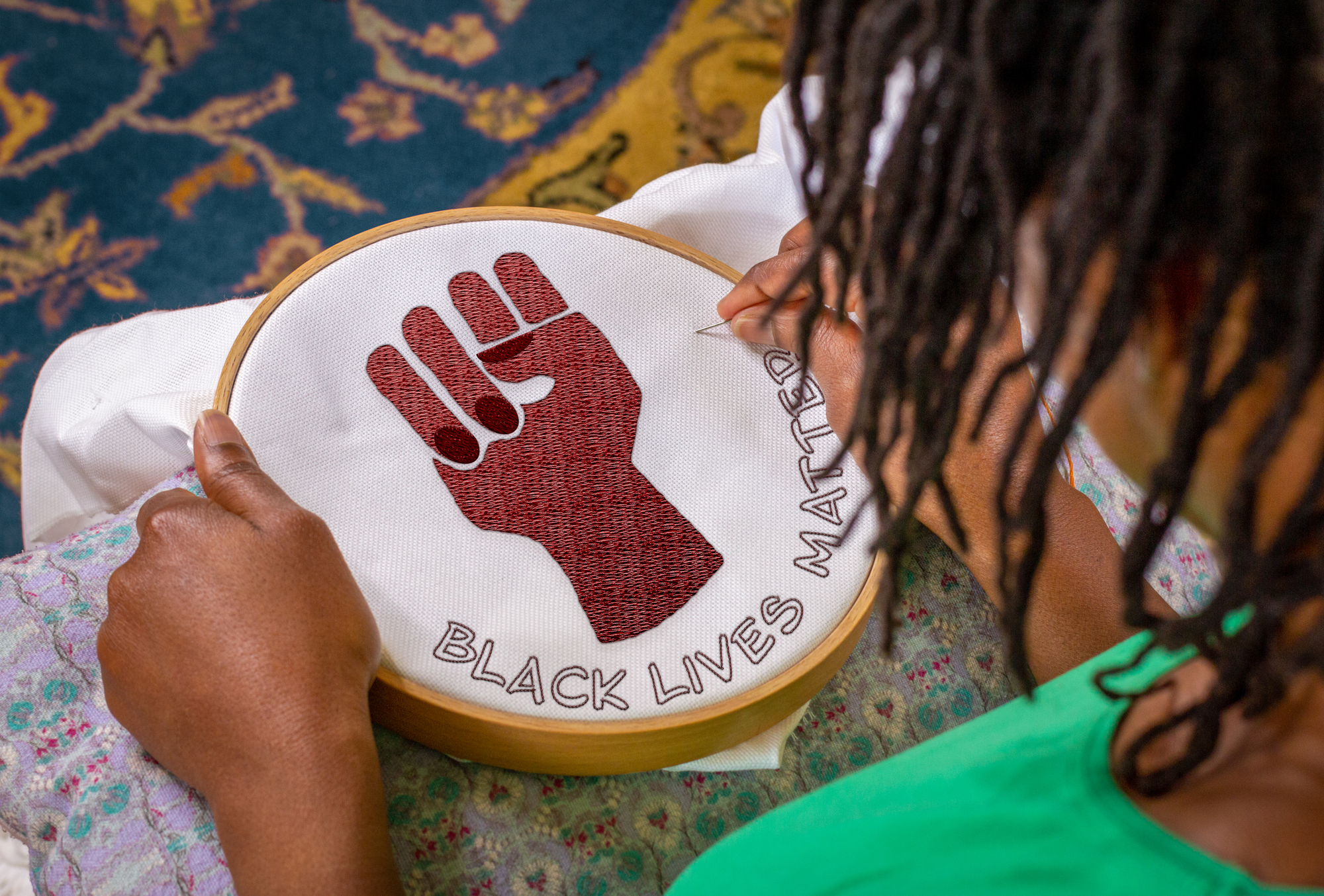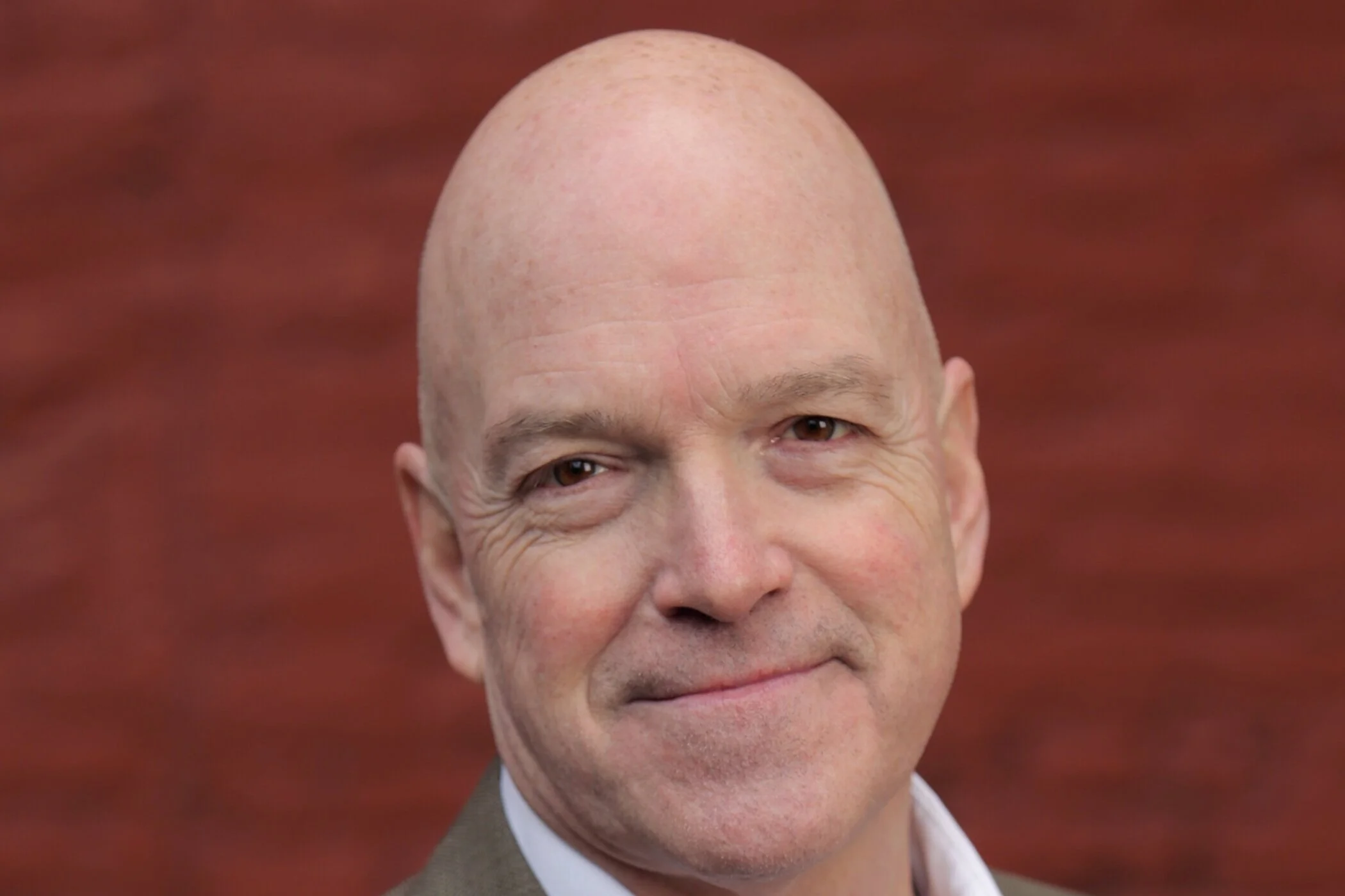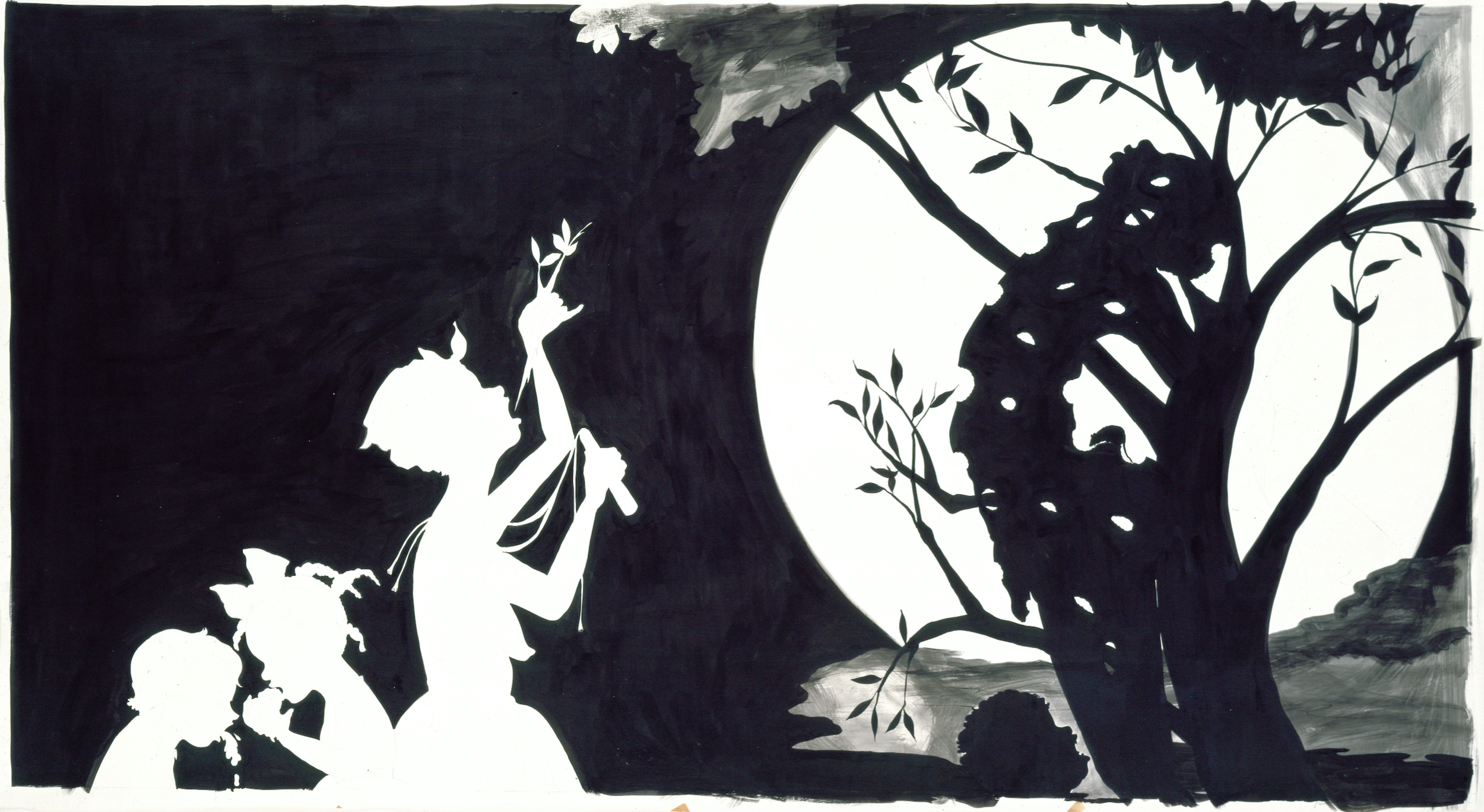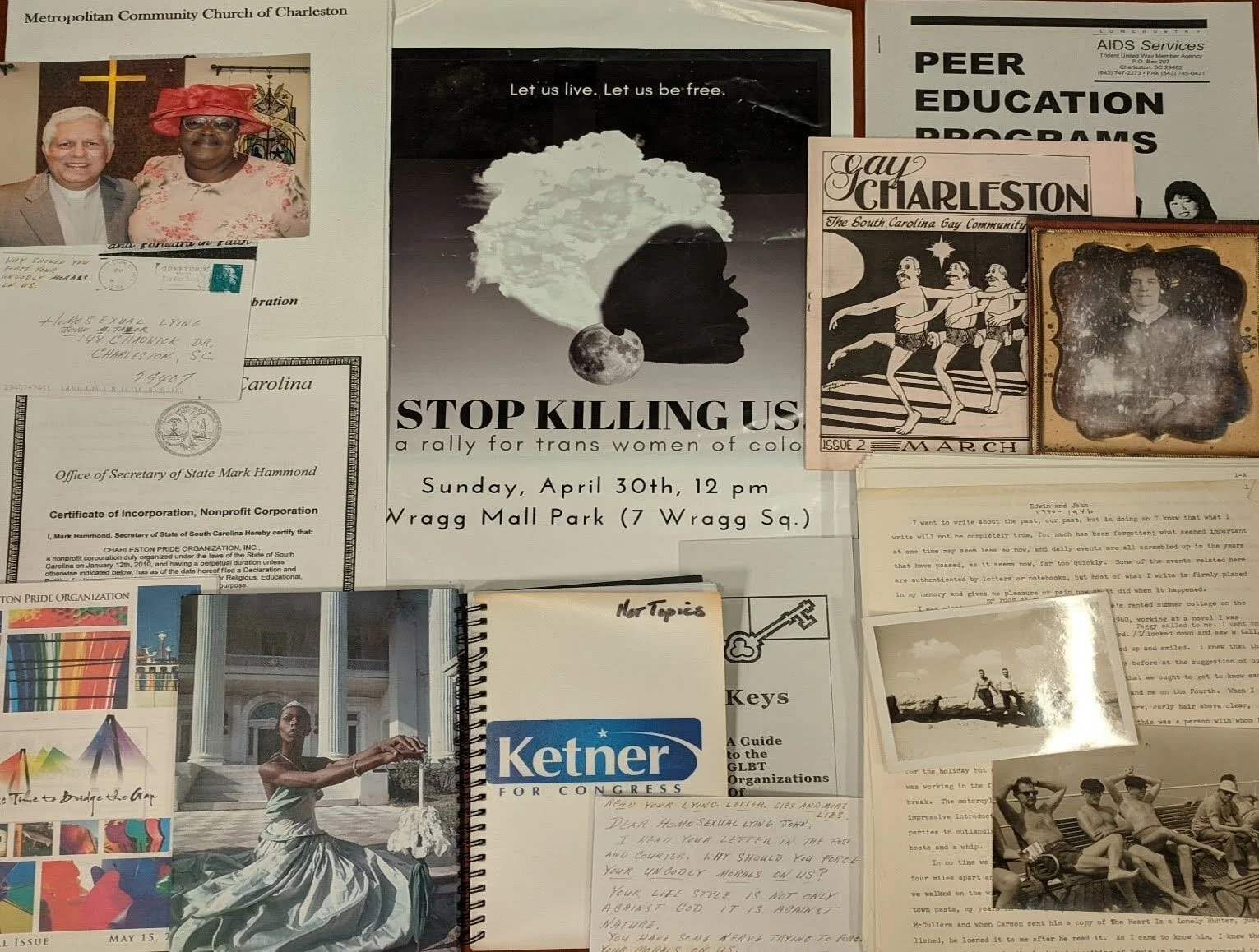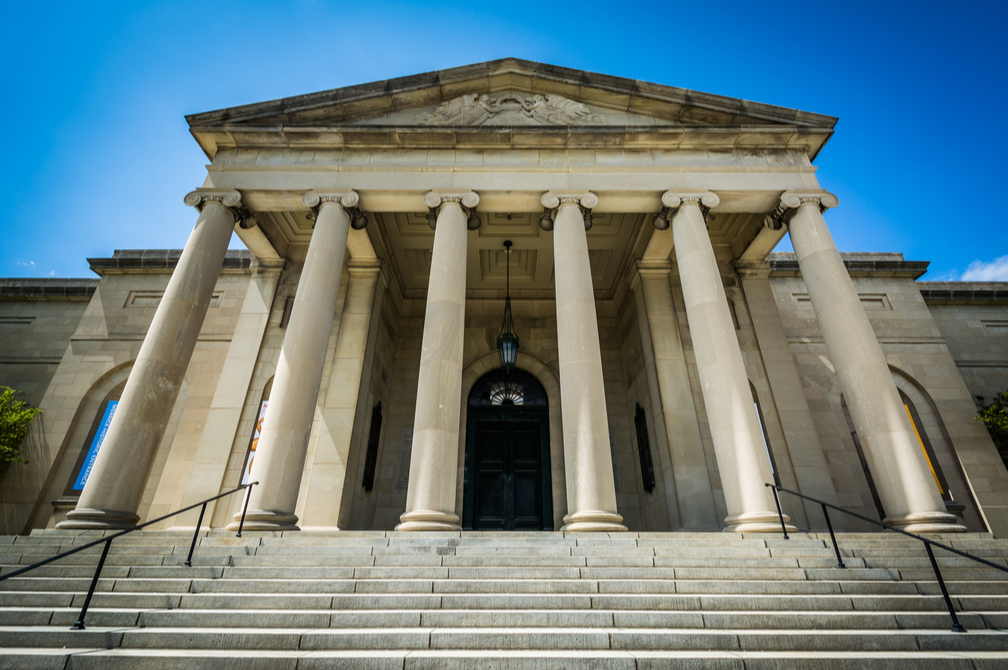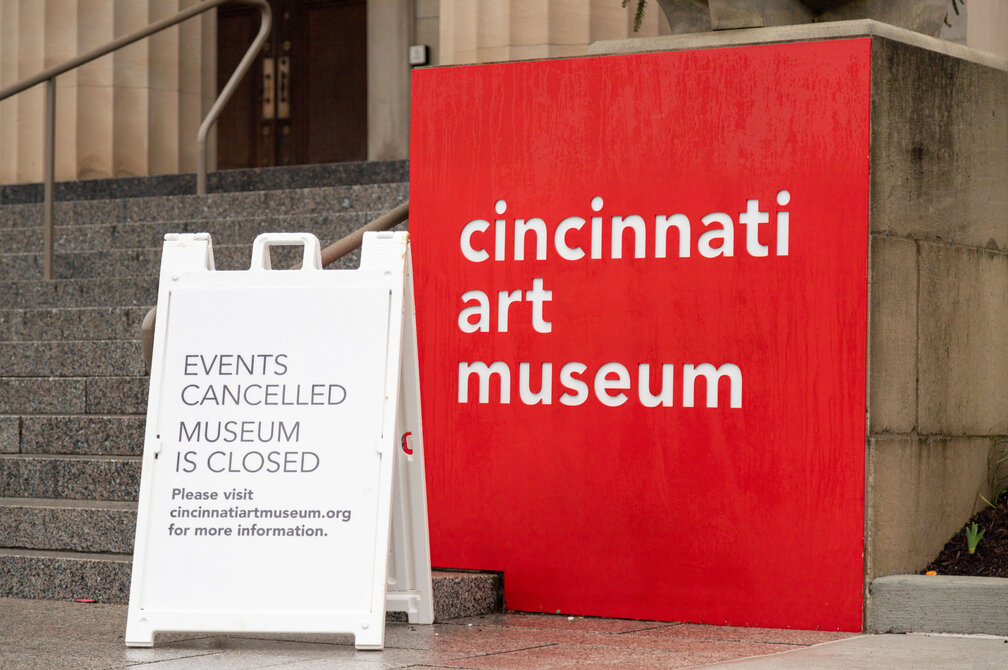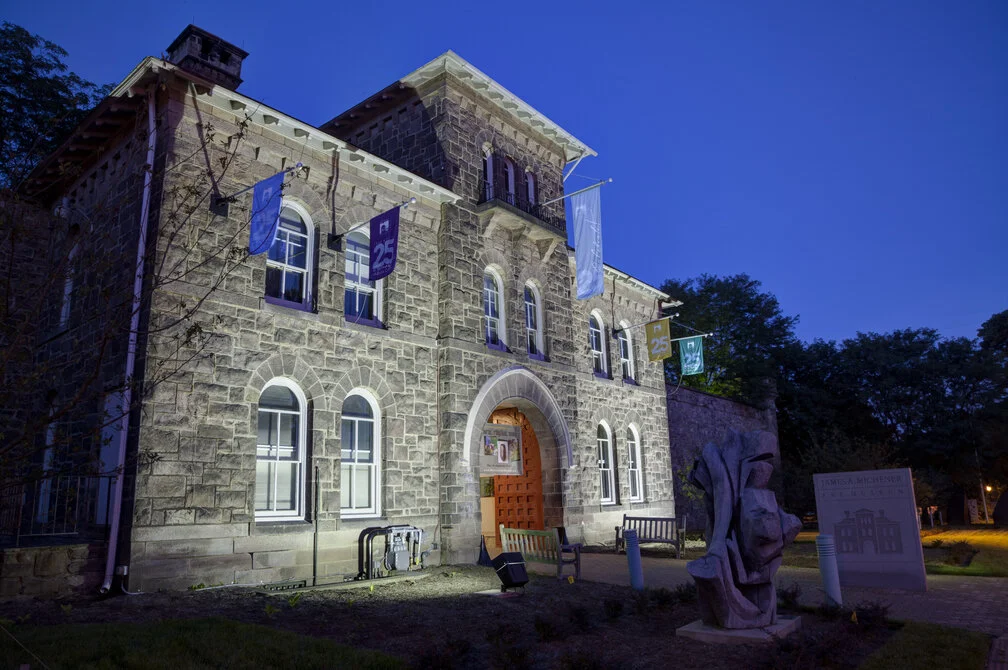Rescue Mission: What This Bailout of an Arts Institution Tells Us About the Future of Philanthropy
/It seems simple enough on paper.
A foundation bails out a debt-ridden performance hall in a major U.S. city while also pledging $10 million for smaller organizations nearby. In exchange, the city renames another performance hall to acknowledge the foundation's gift. As a result, the underwater debtor gets a financial lifeline, smaller organizations get critical funding, and the foundation's name graces an eminent building. Happily ever after, right?
Not so fast.
News out of Dallas points to the complex interplay between arts funders, city agencies, and corporate donors in a politically charged environment where the arts are under siege and government is in retreat. Fortunately, this story has a happy ending. Stakeholders stepped up and the city's arts community is in better shape because of it. But as government agencies continue to step back, the following narrative points to a future where looming budget cuts and foundations riding to the rescue may become the norm.
Let's start with the basics.
Dallas' AT&T Performing Arts Center (ATTPAC) is in dire financial straights. It needs $27 million to pay off its capital debt. Enter the Galveston-based Moody Foundation.
In early April, the foundation offered to pay $12 million toward the debt and pledged a bonus $10 million gift for Dallas arts groups. The title of Culture Map Dallas' article on the bailout—"Generous Gift to Dallas' Performing Arts Center Comes with a Bonus—and Strings"—implied there was some sort of Faustian bargain involved, but in reality, the condition was rather mundane.
Dallas would have to acknowledge the Moody Foundation's gift by renaming Dallas City Performance Hall.
Organizations and cities rename buildings thanks to donor gifts all the time. What's more, it's likely that based on what we know so far, Dallas will avoid the kind of controversy we've seen with other naming rights gifts over the past couple of years. Southern Methodist University's Moody Coliseum already carries the name, as does Moody Gardens in Galveston and the Moody College of Communication at the University of Texas at Austin. The Moody Foundation, which has assets of over $1 billion, is a respected and important funder in these parts, and for good reasons.
The grants, meanwhile, will "only be awarded to small nonprofit arts groups with annual operating budgets of less than $1 million that are current or previous fiscal year recipients of City of Dallas Office of Cultural Affairs funding." No grant will exceed $25,000
The $10 million is allocated over a decade, with granting capacity at $100,000 during the first year, $125,000 during the second year, $150,000 during the third year, and "subsequent years of growing continuing until the endowment is fully vested."
So far, so good.
"Thanks to the Moody Foundation endowment, small arts organizations throughout the city will know there is some level of funding regardless of our city budget situation," Mayor Mike Rawlings said in a statement to the Dallas Morning News.
Teresa Coleman Wash, executive artistic director of the Bishop Arts Theatre Center, which receives National Endowment for the Arts funding through the Texas Commission on the Arts, was relieved. She is concerned that the city's "arts funding budget is going to be adversely affected" by a fiscal crisis surrounding the Dallas Police and Fire Pension System. "So we need this funding."
(As an aside, we'll be hearing a lot in coming years about pension obligations crowding out other local government spending, creating new pressure on funders to make up the difference.)
Indeed, Moody's gift didn't just bail out the ATTPAC. It bailed out the city, as well—and that, some detractors argue, is the problem. The gift lets Dallas off the hook, and if we're to read into Rawlings' quote (e.g. "regardless of our city budget situation"), it creates a precedent that makes some arts professionals in the city a bit leery.
Former South Dallas Cultural Center manager Vicki Meek told CultureMap, "I hope the city Council doesn't use this gift as an excuse to not increase the city's financial commitment to its cultural community," while also noting, "This is a very generous gift that will ultimately benefit many of the small and mid-sized cultural organizations in Dallas."
Meek's concerns are valid. Any time a city or state cuts back arts funding, organizations cross their fingers and hope foundations step in to fill the void. Often, they do. We see this phenomenon play out in the arts education space, for example.
These infusions are rarely one-time affairs. Foundations can find themselves on the hook indefinitely. In the process, that funding absolves city and state governments from one of their core responsibilities. Then again, this may be the "new normal," especially with federal cuts to the arts looming and a majority of states under the control of fiscally conservative Republican governors and legislatures. It certainly beats the alternative.
In short: This seemingly innocuous bailout is another example of a growing shift in who has power in American society—with strapped government agencies taking a step back and philanthropy taking a step forward, a theme that David Callahan elaborates in his new book, The Givers.
Foundations like Moody aren't the bad guys in this story. Not usually, anyway. They're the good guys, playing an indispensable role in an age when public dollars are growing more scarce. What's more, its support of local arts organizations and the center shows that if the arts are going to hang on in an age of budget cuts, stakeholders at all levels need to work together. Survival is very much a team effort.
Still, the shift is troubling. Philanthropy’s power will keep rising in coming decades as government is declining, with long-term fiscal pressures translating into cuts for all kinds of programs.
There's one more layer of irony at play, here.
The ATTPAC accrued $151 million in debt, due in part to escalating expenses from a capital project gone haywire. According to the Dallas Observer, project backers failed to raise the money needed to pay off $151 million in construction bonds. ATTPAC said it had $56 million in cash reserves and couldn't fundraise itself out of the problem.
We've seen this movie before. Sometimes donors come to the rescue. Other times, not so much.
As for the ATTPAC, we're looking at a case of the former, thanks to the Moody Foundation and JPMorgan Chase and Bank of America. The banks forgave ATTPAC to the tune of $45 million.
Ultimately, the gift may represent the potential arts funding model of the future.
This prognosis may sound a little fatalistic, so let's end the post on a positive note.
"With these gifts," Frances Moody-Dahlberg, the chairman and executive director of the Moody Foundation said, "the Moody Foundation is pleased to support its growth and the entire ecosystem of the arts community—from the smallest arts organizations creating new works with local artists, to the AT&T Performing Arts Center, which provides performance spaces for some of the city's largest performing institutions as well as productions from around the world."



















